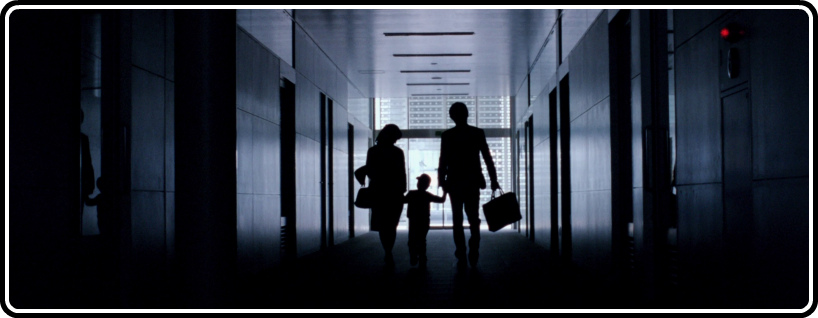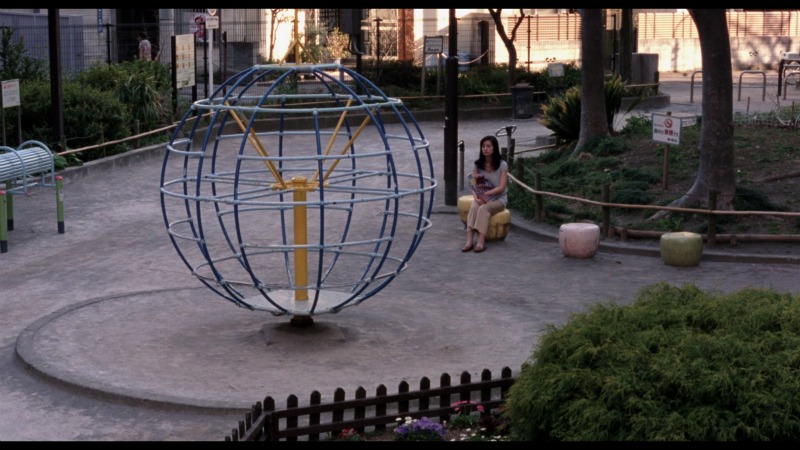
Hirokazu Koreeda carries the history of Japanese cinema within him, retaining a certain tradition established most prominently by Yasujiro Ozu and Mikio Naruse. Like them, he tells melancholic, contemporary tales, in which the forces that move us forward do not always make us happier. In a short piece for the BFI, video essayist kogonada states, “I think the reason we compare Koreeda to Ozu is because his cinema tastes like Ozu’s. When we leave his films we experience a similar aftertaste, which is to say, a deeper sense of life.” Koreeda has suggested himself closer to Naruse.
The spirit of both were intrinsic to his wonderful Still Walking and I Wish. Neither prove terribly illuminating when confronting Like Father, Like Son, his 2013 film about a middle class family that discovers their six-year-old son is not their own, that their real child was switched at birth at the hospital. So they decide to switch back. It’s a beautiful, provocative premise, one that calls into question the very nature of family and birthright, parental responsibility, and the pressure we place on children to replicate ourselves; or rather, the version of ourselves we’d like to be.
It’s also one better suited to the time of his predecessors. When the prospect arose last year of Steven Spielberg remaking the film for American audiences, cinephiles scoffed, believing the premise to be too inherently Japanese to properly translate stateside. While it certainly aligns itself more with traditional Japanese ideals of legacy (compared to the American ideal of the reinvented, self-made person), even Koreeda seems to recognize that he’s somewhat out of step with his own culture. Ryota (Fukuyama Masaharu), the father who motivates much of the plot, is repeatedly told that his fervent desire for a son that shares his genes is a little old-fashioned. His wife (Ono Machiko), who has come to love the child they raised, is portrayed much more sympathetically, a victim of patriarchal authority trying to hold tight to what she has. In her story, you see something of Naruse reflected, though he, of course, would have told it from her perspective.

By centering his story on Ryota, however, Koreeda has a much harder decision to make – does Ryota go through with it, in spite of our misgivings, and thus cementing our discomfort with him, or does he relent, thus sort of undoing the narrative and emotional momentum? That the end result does ultimately feel unsatisfying is not a spoiler, so much as an inevitability. A slight shift of perspective, and this would be a masterpiece. But Koreeda has neither the bite of Naruse nor Ozu’s reflex to surrender to life’s current. He is the newer model of filmmaker, the type to spotlight agency and decisiveness, active characters rather than the passive figures most of us know and are.
Like Father, Like Son comes to Blu-ray in the UK courtesy of Arrow Films. The disc has no special features and, even more unfortunately, burned-in English subtitles. The picture, presented in the film’s original 16:9 aspect ratio, typifies the sort of professional and straightforward presentation of many modern films. It looks very good, contrast especially really standing out, with plenty of crisp, clear detail.


